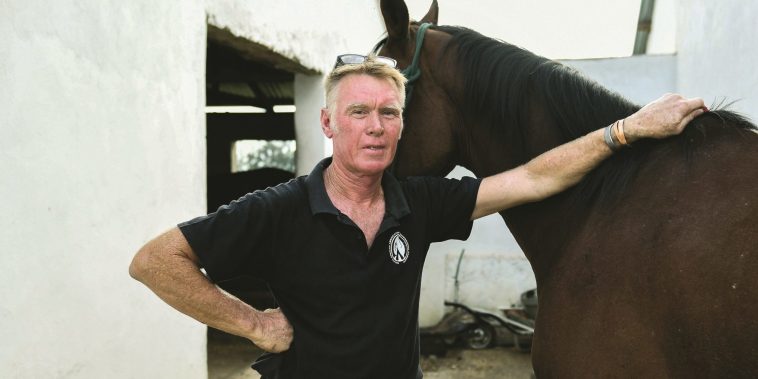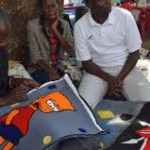Scott Borland is a Johannesburg entrepreneur who also happens to be a professional farrier. In a simple word, he specializes in making horseshoes. He has been working at his home for a period of 15 to 20 years now. Borland started the apprenticeship job in 1981. This was at the Newmarket Farrier School in Alberton, Johannesburg. The school closed down because of the reduction of the number of farriers in the market. This, therefore, led to a reduction of jobs.
Borland says he has been connected to the horses throughout his life. It was obvious during his teenage that one had to get into the horse industry once they are done with schooling. That is how he started his apprenticeship. Horseshoes are metal made products fixed to the hooves of the horse. They prevent the foot from wearing out and sustaining injuries. Qualification as a professional farrier is to have skills. That is why Borland trained in apprentices.
Borland was in the SA farrier group that represented SA in Canada. Furthermore, he has made horseshoes in America, Scotland, and Turkey. There was a period when horses were the only means of transport. Borland admits that horses are one the factors that revolutionized the world. He adds that the first machine to manufacture a large number of horseshoes was developed by Henry Burden in 1835. The machine is in a position to produce one shoe within one second.
Borland gives a quick history of why Boers used to hijack or blow up trains during the Boer War in South Africa that took place from 1899 to1902. He says that the reason was to steal horseshoes from British citizens. He adds that the industry had not less than 300 South African registered farriers. Furthermore, there were unregistered ferries too. But now the industry demands special skills.
The horseshoes are manufactured using different types of metals that serve different purposes. Those meant for work are made using steels while aluminium is used to make those meant for performance. To negotiate a slippery floor one uses plastic to make the horseshoes. Borland deals with private clients who own horses for both competition and pleasure riding. Johannesburg Metropolitan Police Department (JMPD) has been his customer for the past 25 years.
Borland says that he partnered with his wife to put up horseshoe developing firm in their home. This is the only available horseshoe manufacturer in the whole of the southern hemisphere. Before that people used to import horseshoes. Therefore, the country did not get any revenue from the business. He adds that Europe, India, and China are the only countries that manufacture horseshoes. The two started the Mustang HorseShoes in 2013. Currently, they are serving the local people and they have offered employment to three individuals. Furthermore, they are selling their own products to coal yards found in the townships. This is the place where horses used to pull carriages full of coal moving from street-street delivering or selling it.
The company supplies 90% of the shoes used in the township. According to Borland most of the horses there work on tar. Therefore there is a need to manufacture hard shoes that offer a lot of grips. The company uses rolled mild steel and they produce their own plastic. They will soon be using aluminium to manufacture their shoes. Mustang Horse Shoes serves not less than 400 horses every month. Furthermore, it generates slightly more than $8,000. The shoe prices range from $50 to $400 depending on the type of shoes and the area of operation. The company uses a mobile workshop business model. This allows them to serve their customers at their own locations. Borland says they always travel at most 80km of radius daily and serve 20 horses per day depending on travelling distance.



